42 Best Alcohol and Drug Rehabs in Bronx, NY 2025

7.00

7.57

7.14

6.71

7.20
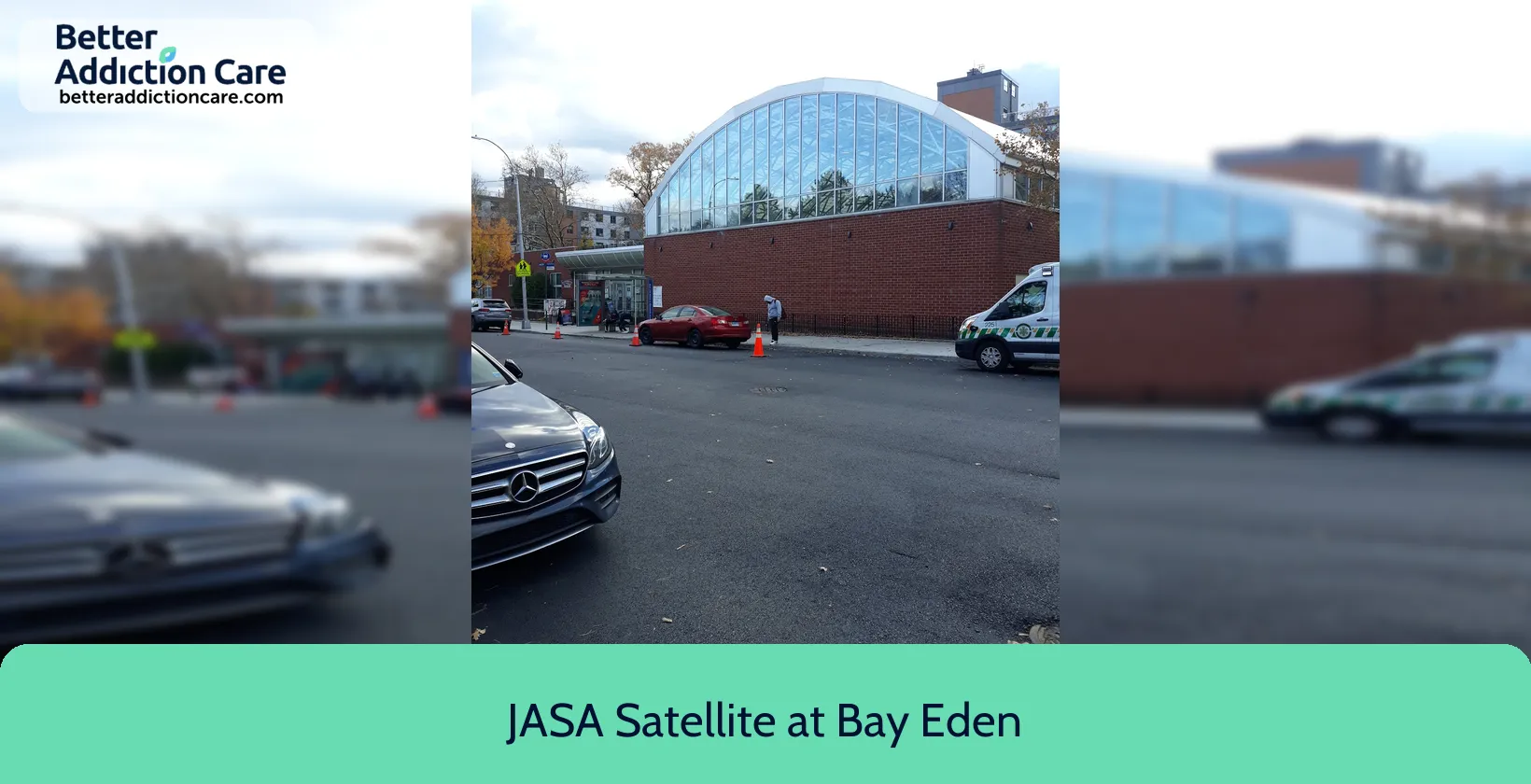
6.74
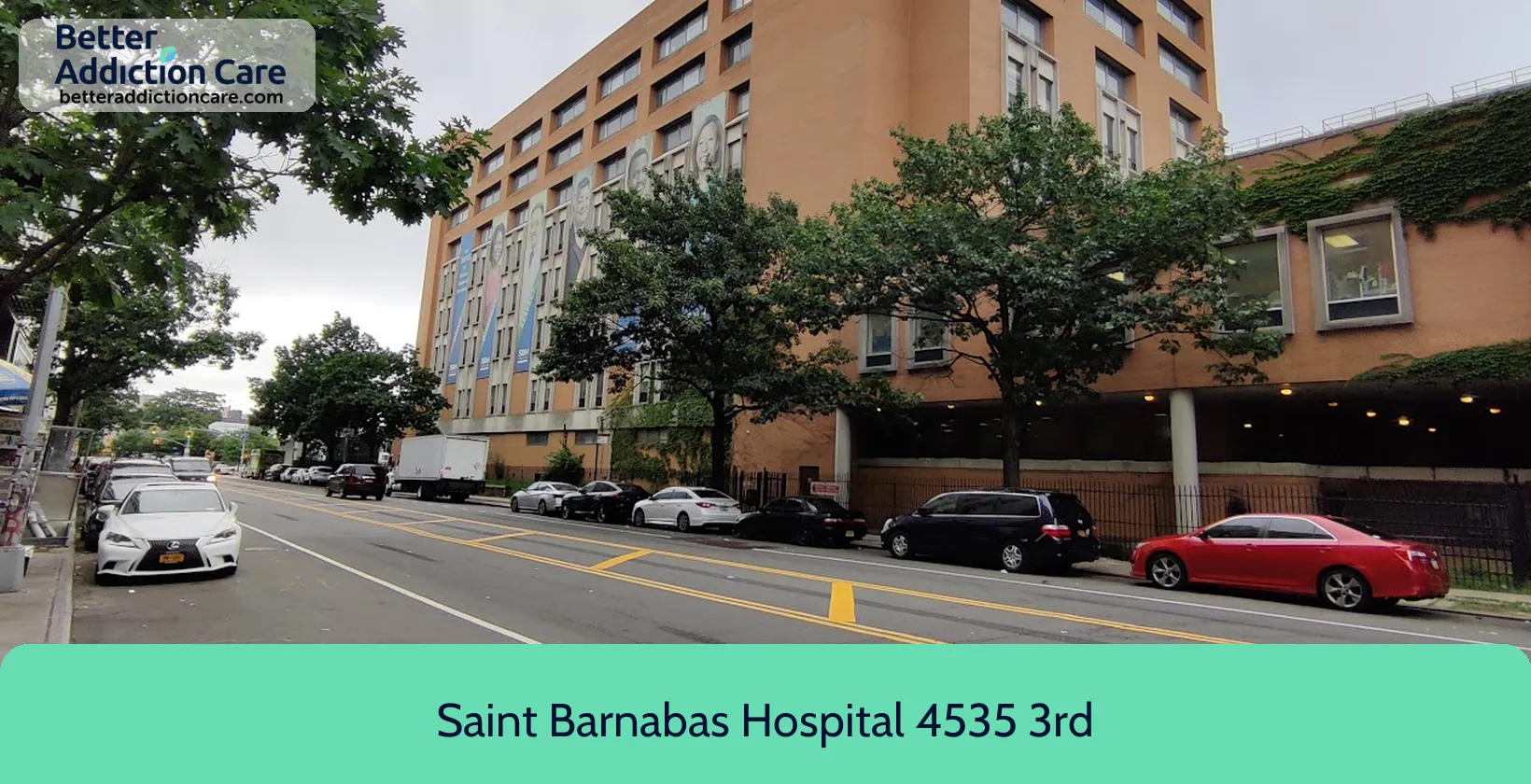
7.40
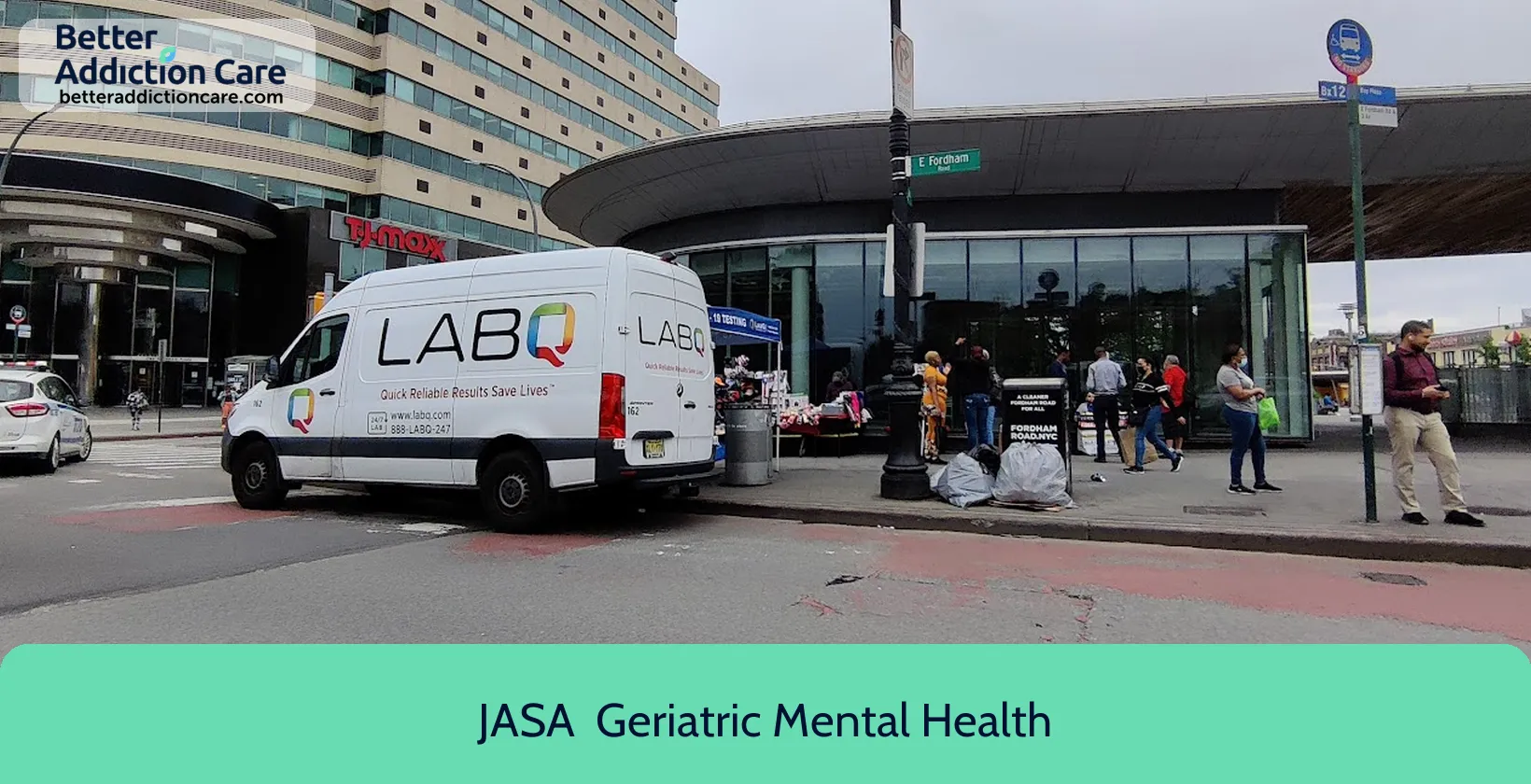
6.68
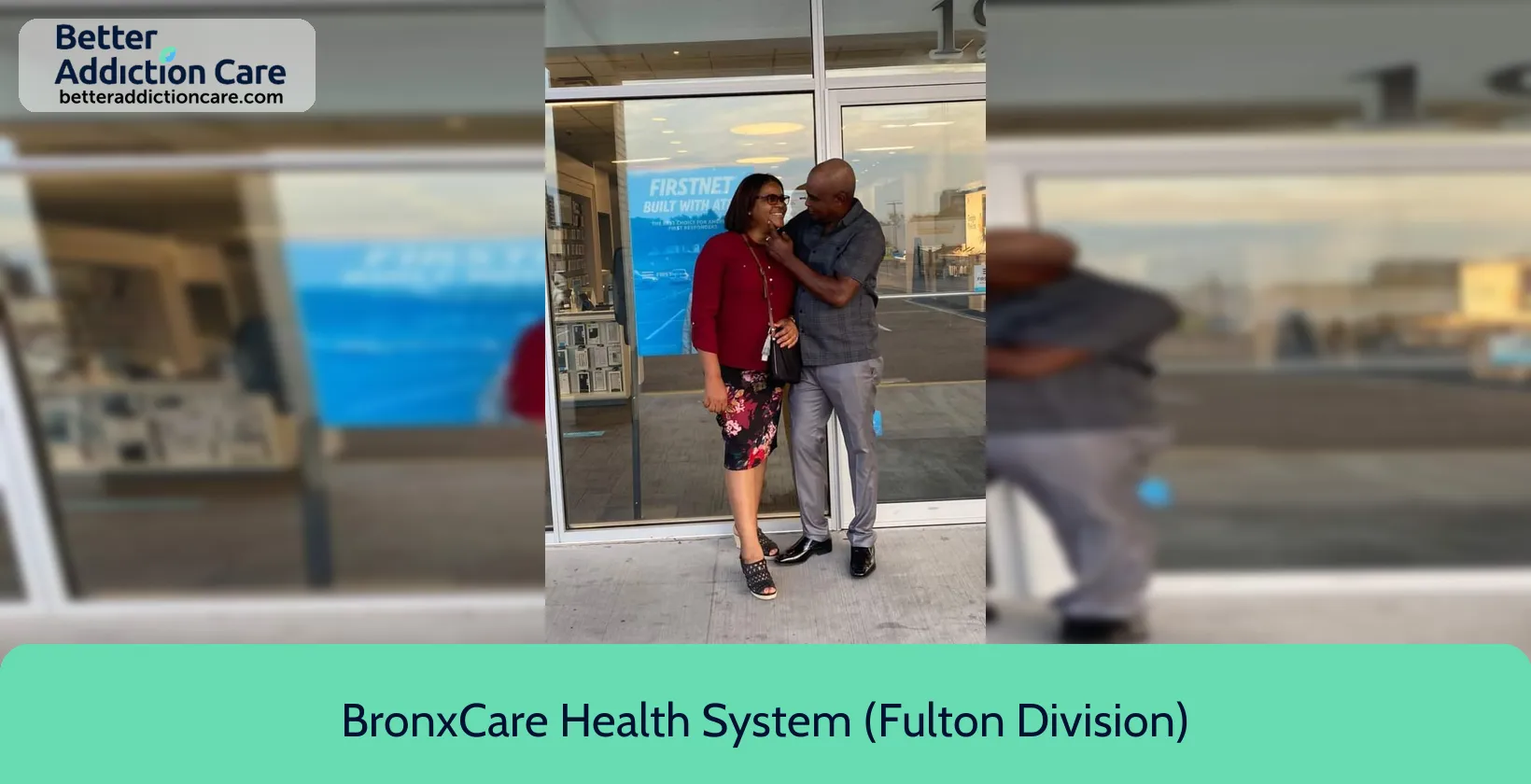
7.26
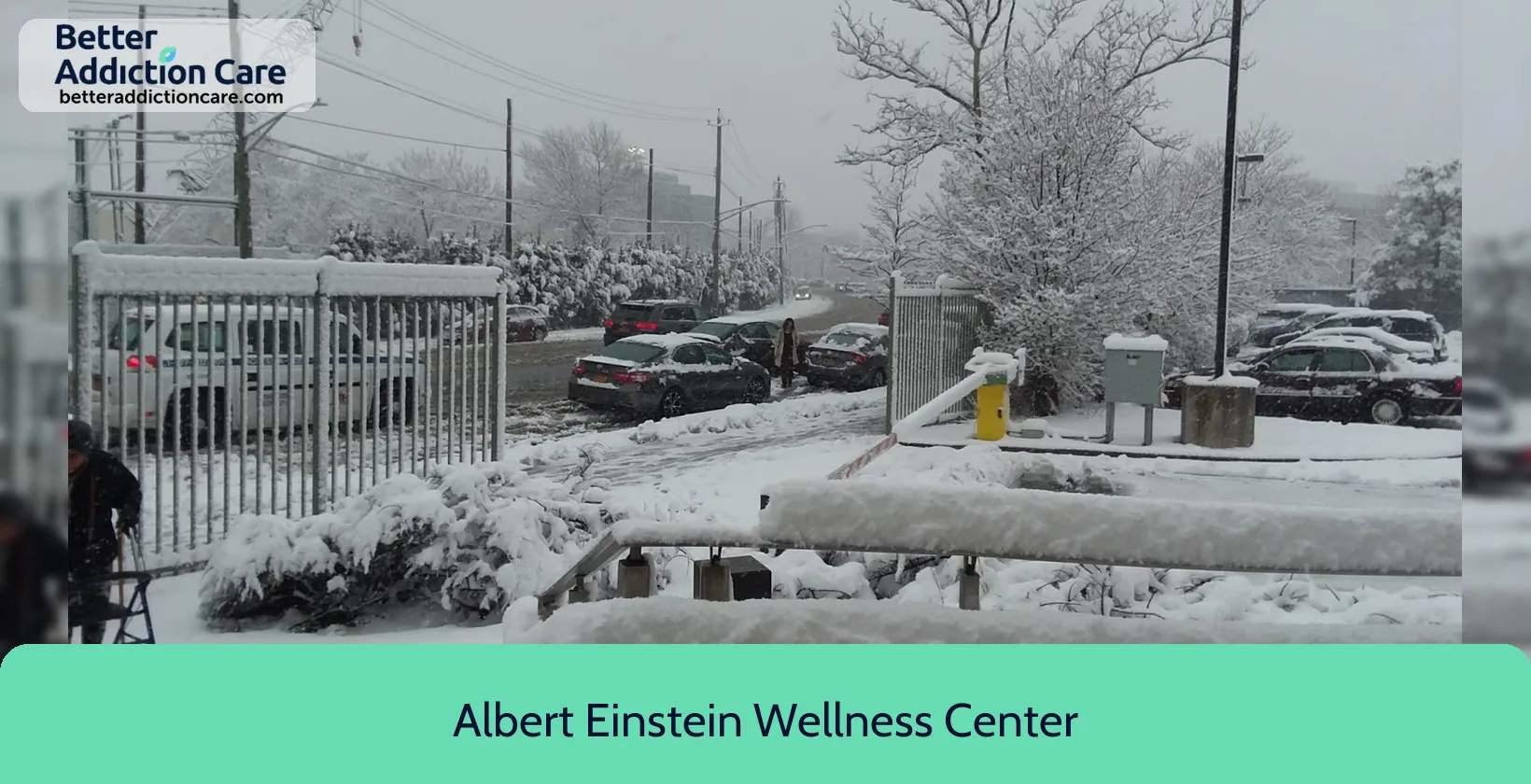
7.26
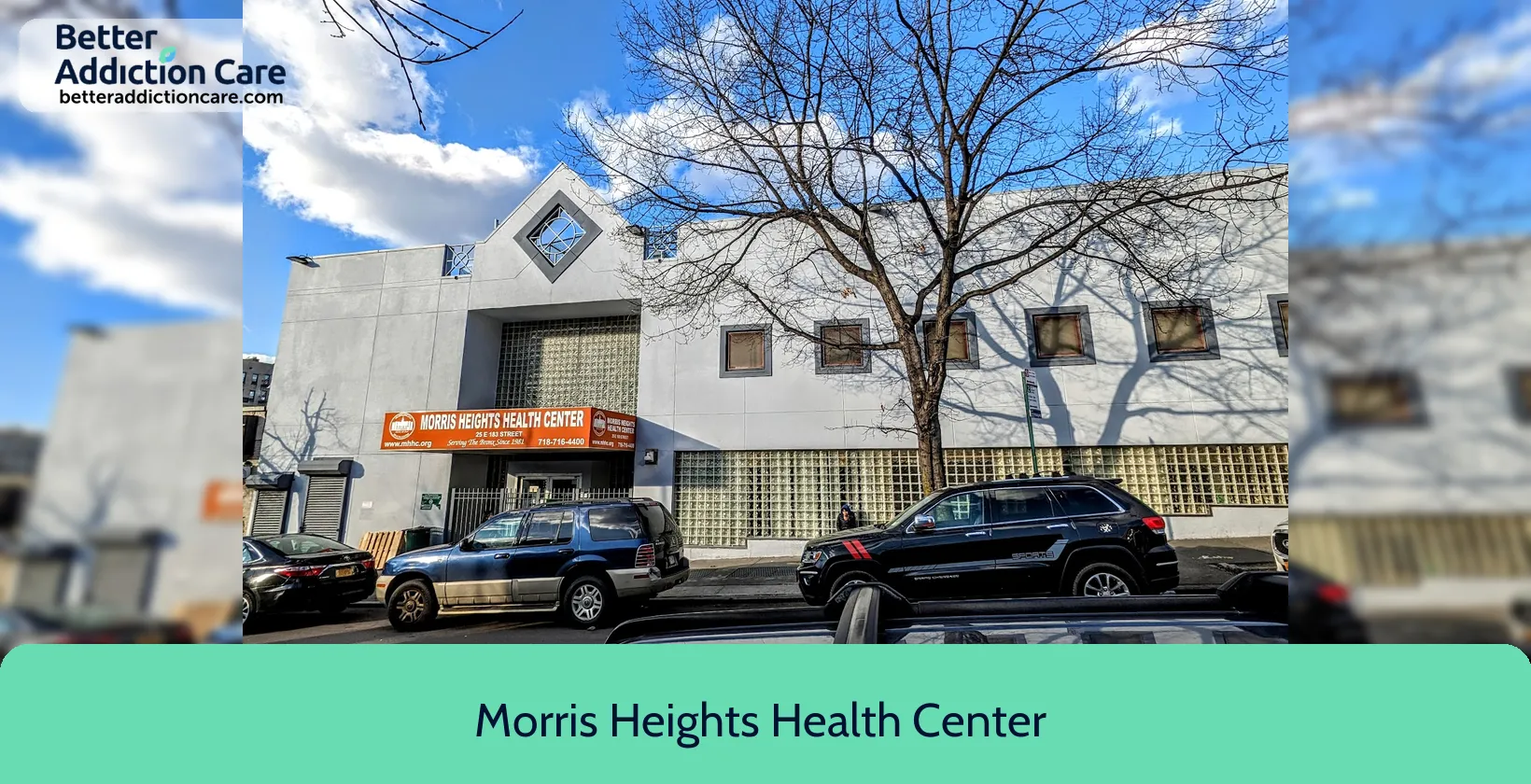
6.68
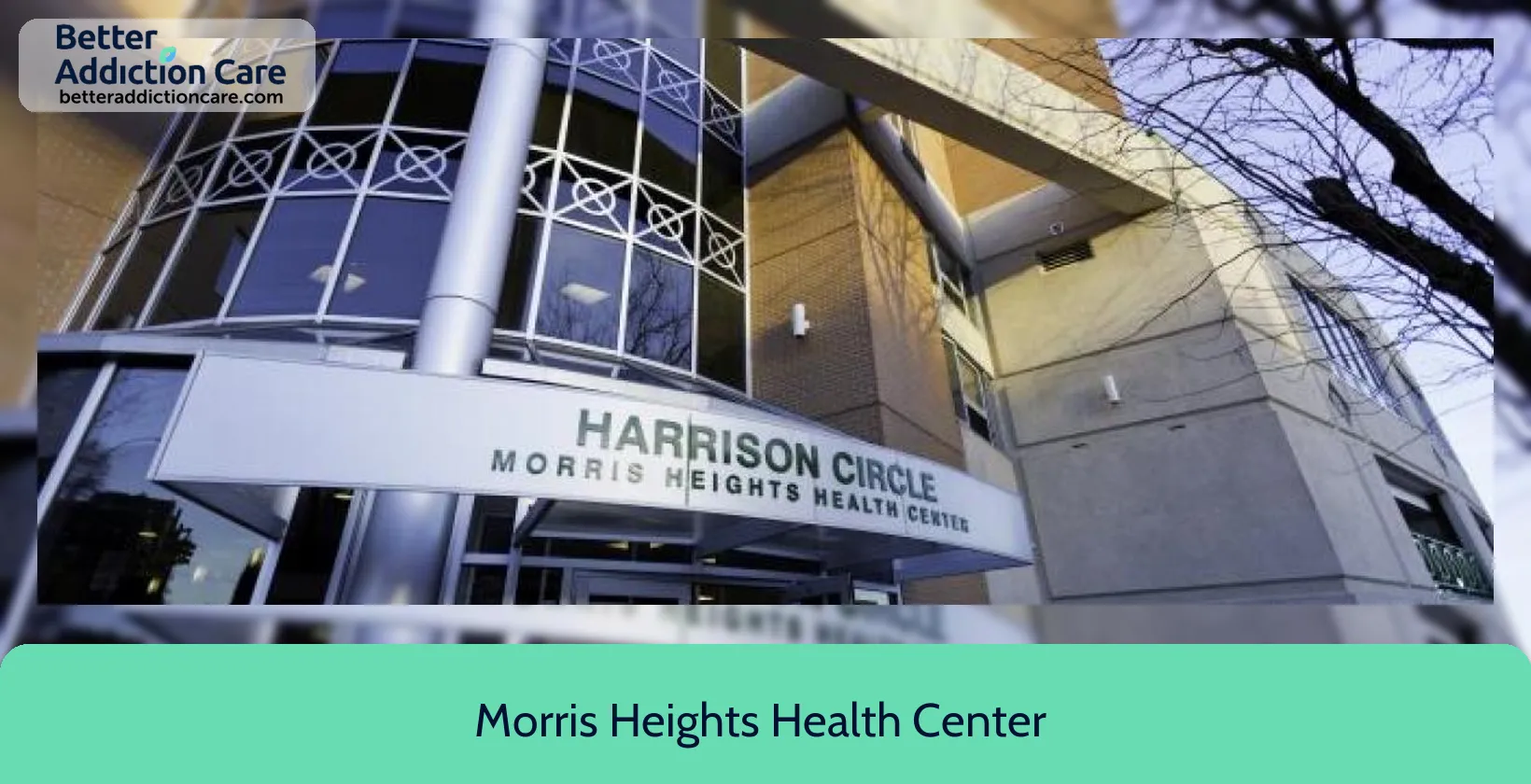
6.90
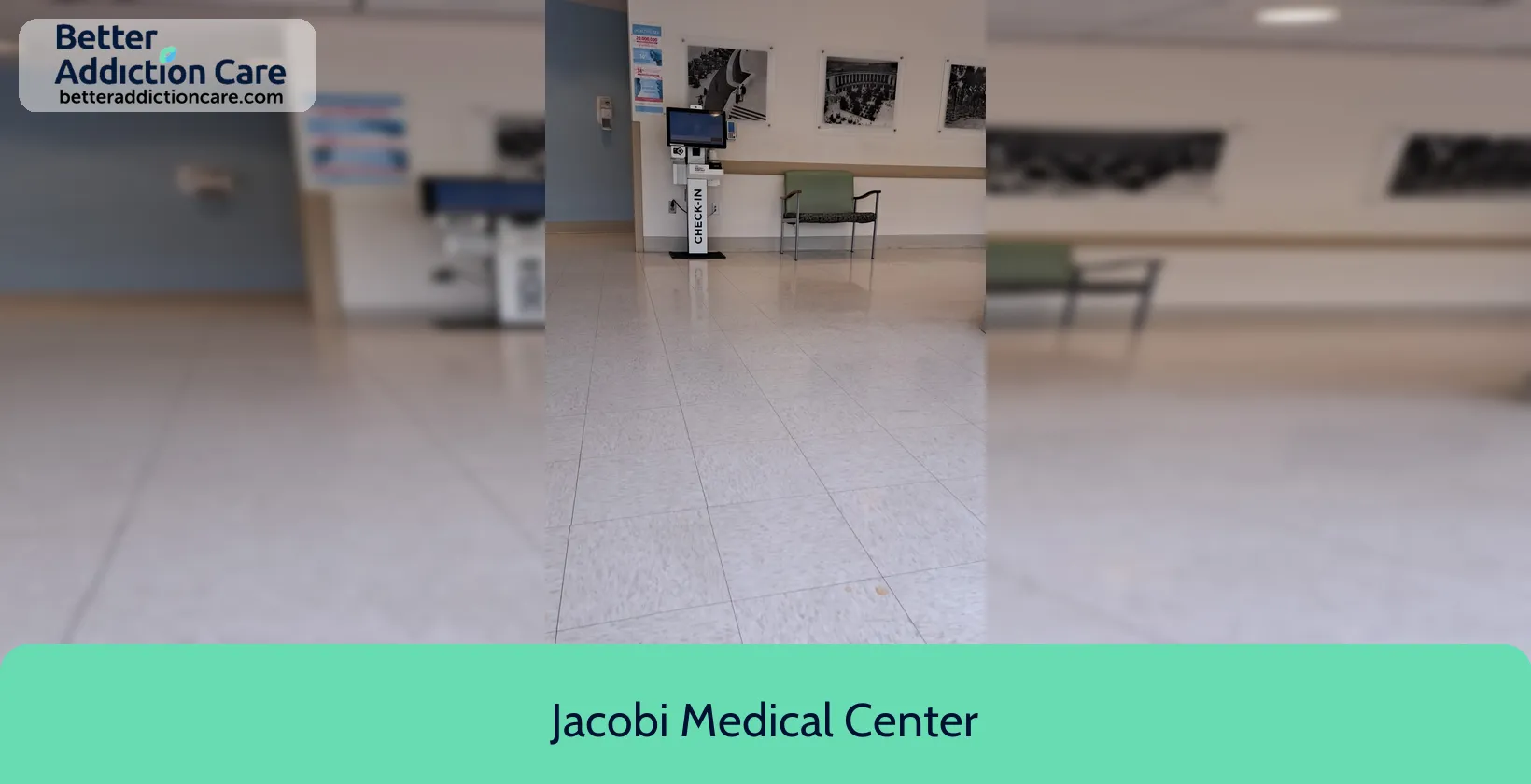
7.72
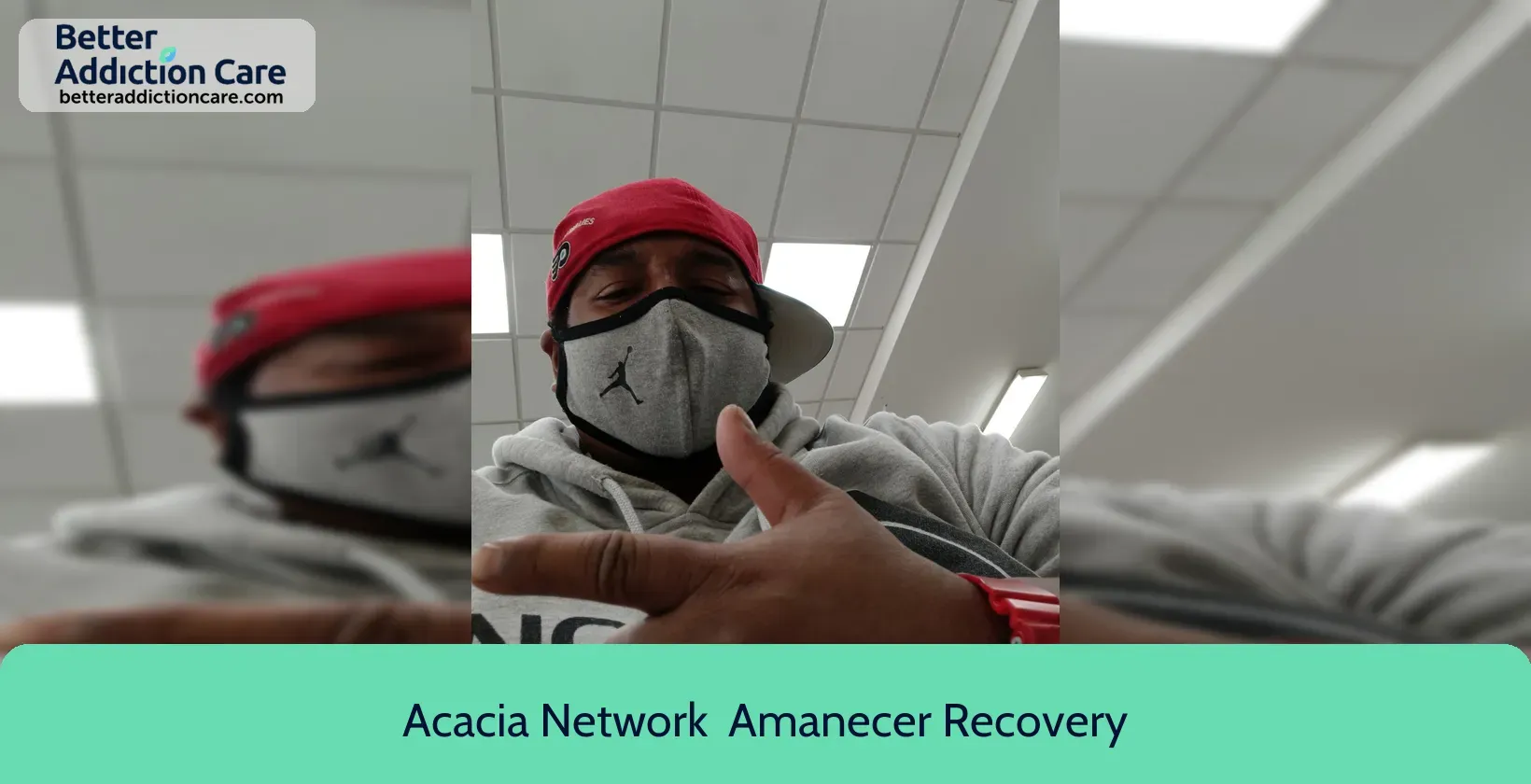
7.36
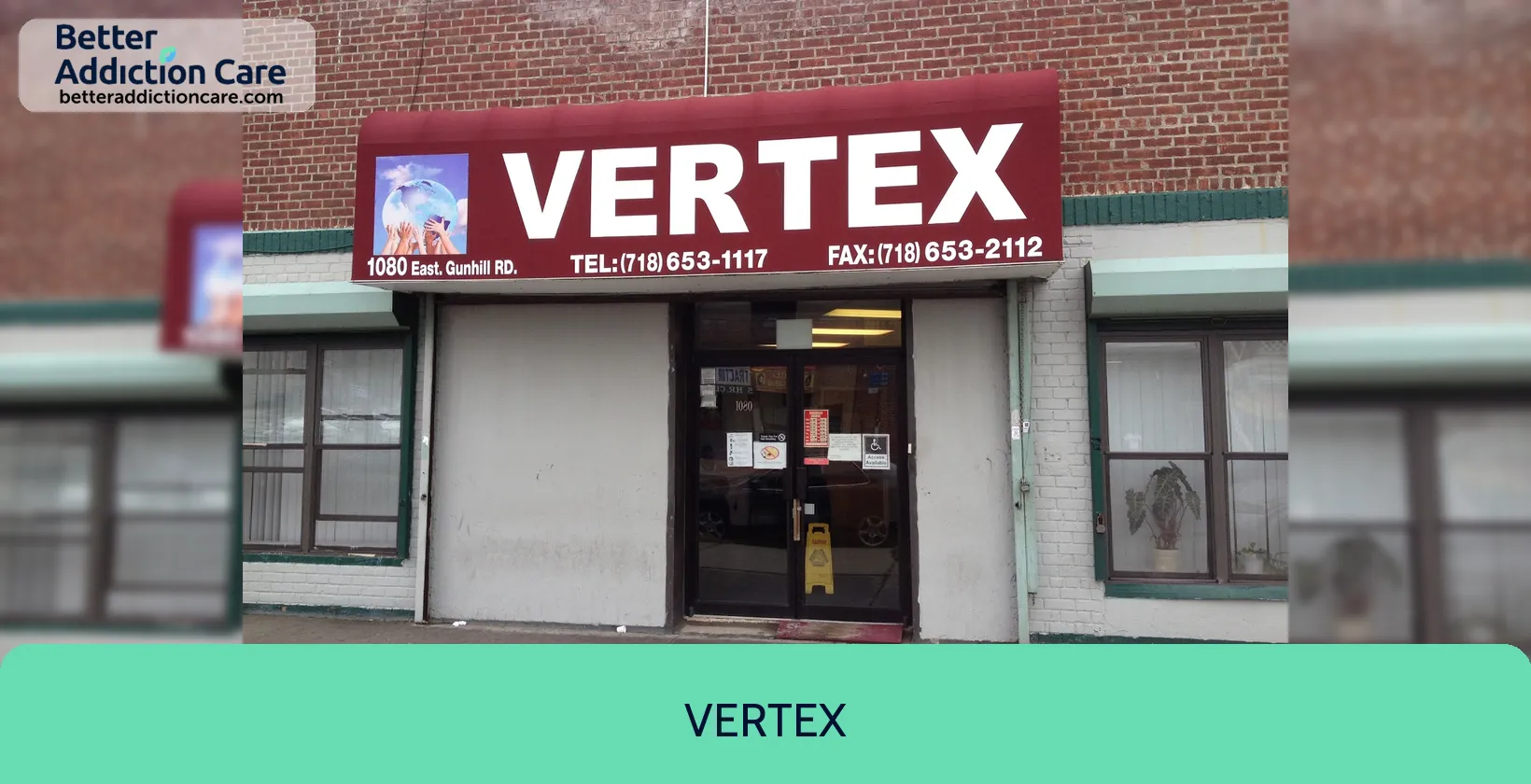
7.40
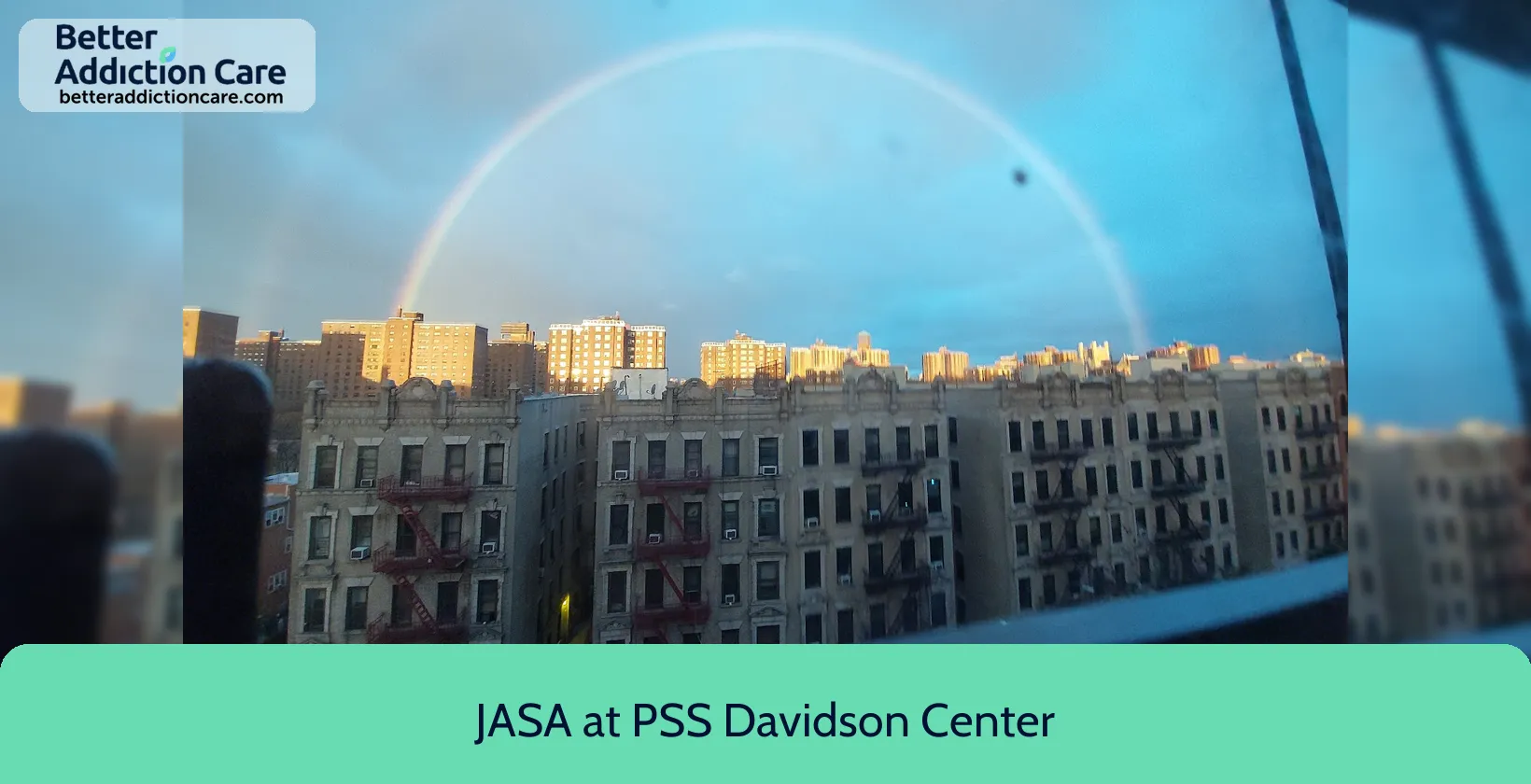
6.71

7.42

6.98

7.97

7.84

7.18

7.09

6.59

6.65

6.74

7.48

7.52

6.65

7.50

7.33

7.36

6.82

7.34

7.06

6.56

6.59

6.71

6.71

7.81

6.96

6.59

6.53
Local Rehabs in New York
Common Questions About Rehab in Bronx
Take a look at our FAQ. We've tried to fill it with all the answers you're looking for. And if not, contact us on (888) 349-0436.


